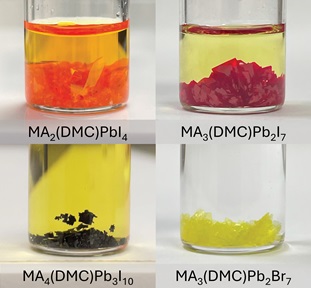Poking holes in antibiotic resistance
An NTU-designed peptide is able to overcome antibiotic resistance in bacteria that cause difficult-to-treat infections.
 (From right) Assoc Prof Kevin Pethe, Prof Mary Chan and PhD student Zhang Kaixi. Credit: NTU.
(From right) Assoc Prof Kevin Pethe, Prof Mary Chan and PhD student Zhang Kaixi. Credit: NTU.
Causing tens of thousands of deaths every year around the world, antibiotic-resistant microbes are among the biggest public health challenges of our time. In particular, certain strains of gram-negative bacteria are resistant to antibiotics considered the last line of defence.
Led by Assoc Prof Kevin Pethe of NTU’s Lee Kong Chian School of Medicine and Prof Mary Chan of the School of Chemical and Biomedical Engineering, an NTU team has designed a peptide that is able to overcome antibiotic resistance in gram-negative bacteria by two distinct mechanisms.
Their cationic block β-peptide not only compromises the integrity of the bacteria’s outer membrane but also deactivates membrane-localised pump systems, thereby disrupting the efflux of antibiotic compounds. The peptide was effective in sensitising bacteria to multiple classes of antibiotics in in vitro studies as well as in mouse models of systemic infection.
Potential applications for the peptide include adjunct antibiotic therapy in difficult-to-treat infections with gram-negative bacteria, the researchers say.
“A glycosylated cationic block poly(β-peptide) reverses intrinsic antibiotic resistance in all ESKAPE gram-negative bacteria” was published in Angewandte Chemie (2020), DOI: 10.1002/ange.201914304.














/enri-thumbnails/careeropportunities1f0caf1c-a12d-479c-be7c-3c04e085c617.tmb-mega-menu.jpg?Culture=en&sfvrsn=d7261e3b_1)

/cradle-thumbnails/research-capabilities1516d0ba63aa44f0b4ee77a8c05263b2.tmb-mega-menu.jpg?Culture=en&sfvrsn=1bc94f8_1)


.tmb-listing.jpg?Culture=en&sfvrsn=29c7e020_1)
.tmb-listing.jpg?Culture=en&sfvrsn=ab6472c8_1)
.tmb-listing.jpg?Culture=en&sfvrsn=55153609_1)

